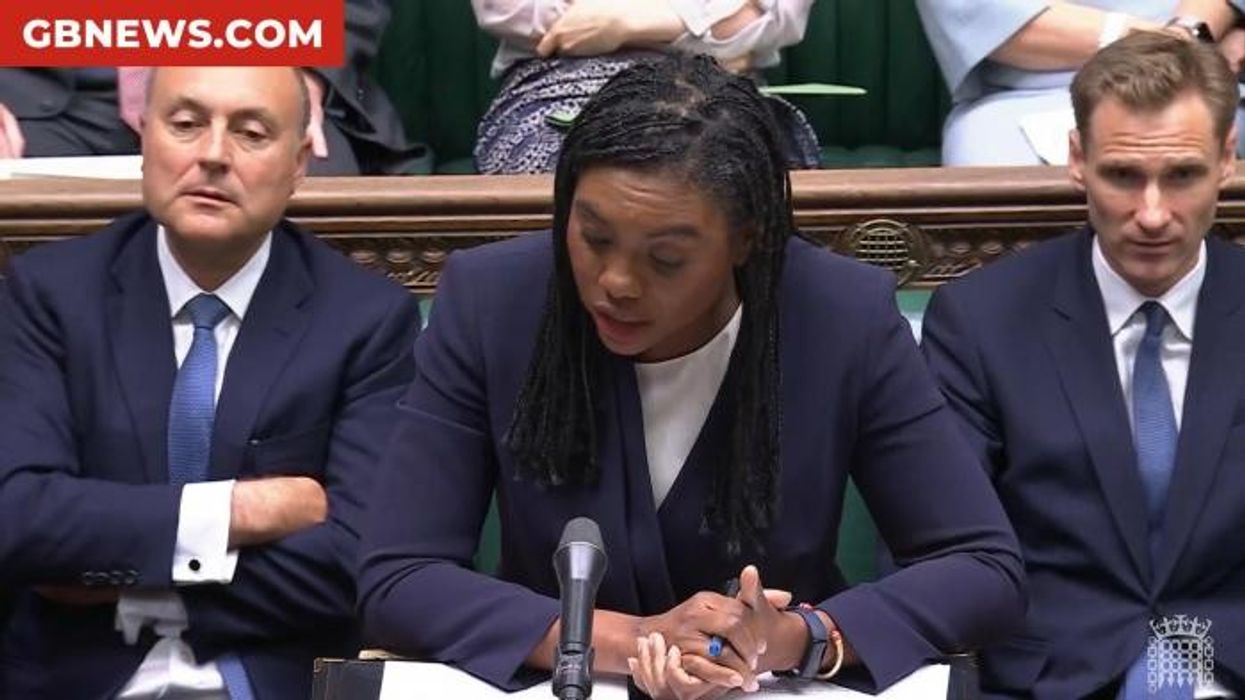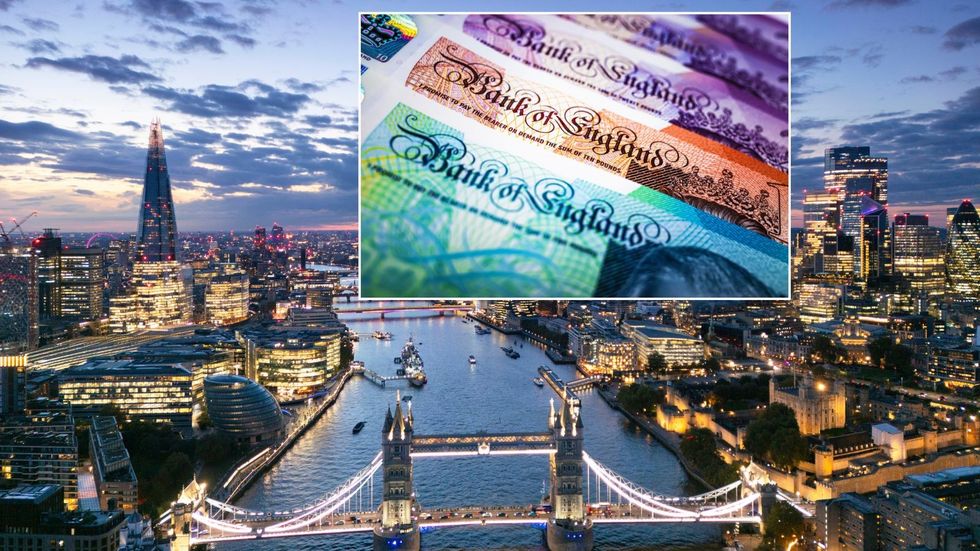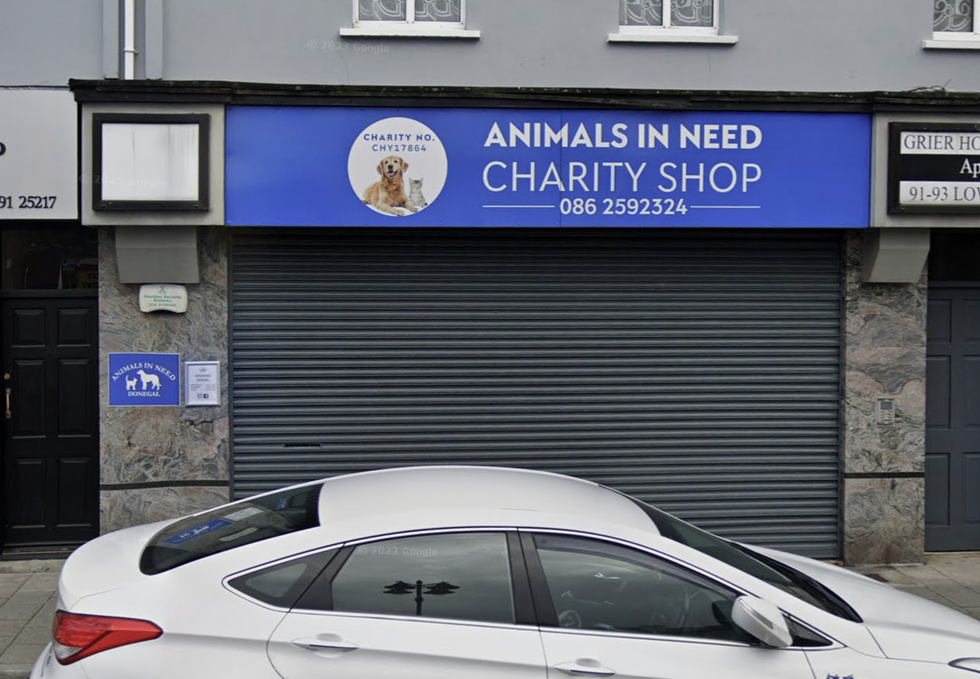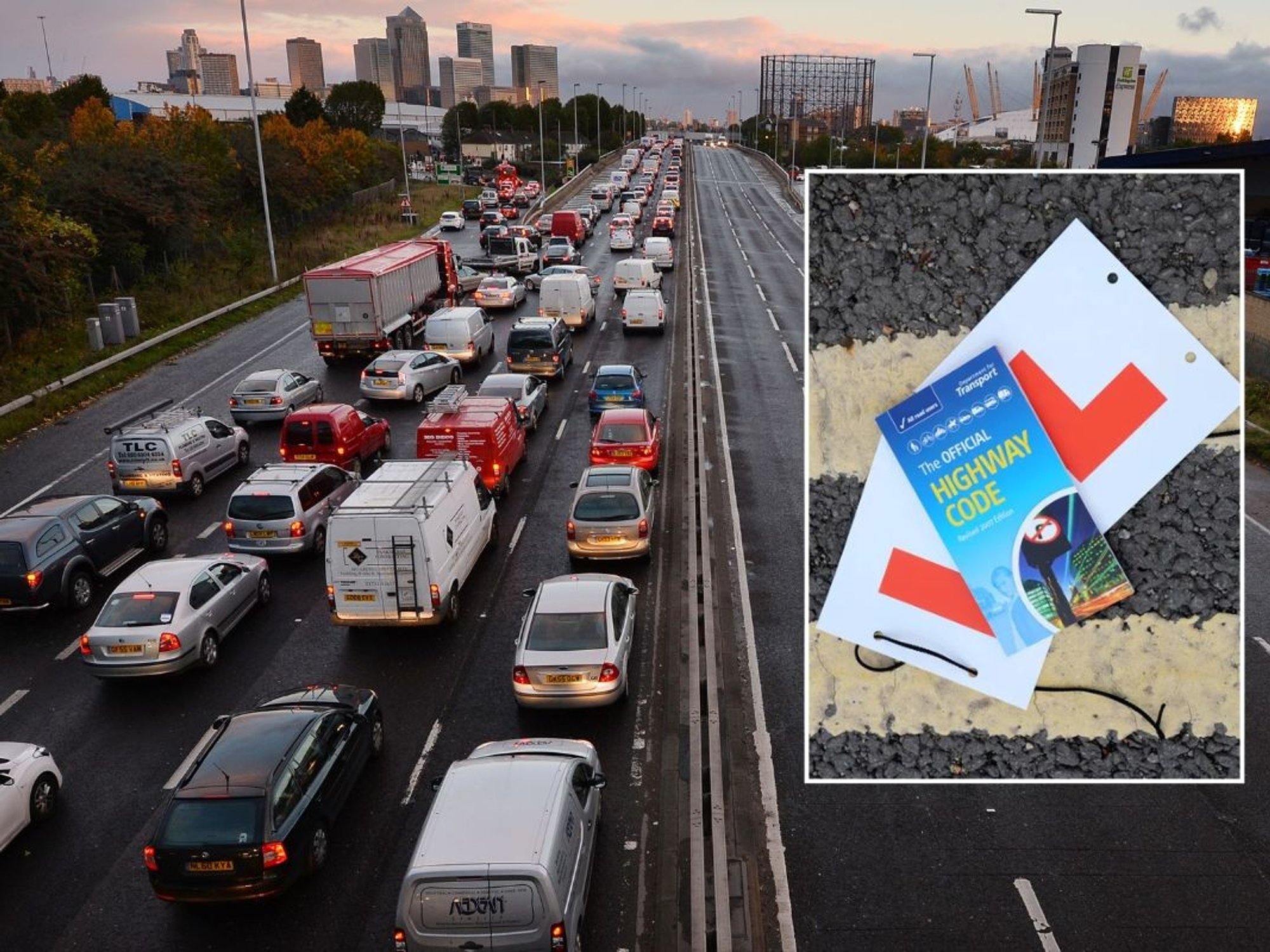Families at risk of '£100k tax trap' but pension hack could save you from 'benefits cliff'

GB News

Parents are being warned childcare support worth £7,500 could vanish without planning
Don't Miss
Most Read
Latest
Working families are being warned they could lose out on thousands of pounds in childcare support if their earnings creep above £100,000.
Financial advisors say households risk falling into what has been branded the "tax trap", where modest salary rises trigger disproportionate financial losses.
The Government’s 30-hour free childcare scheme saves families an average of £7,500 a year.
However, parents lose access to it once either partner earns over the £100,000 threshold.

The government’s 30-hour free childcare scheme saves families an average of £7,500 a year but ends once either partner earns over £100,000.
|GETTY
Alexandra Loydon, the group advice director at St James's Place, said: "With the scheme estimated to save families an average of £7,500 a year, acting quickly is essential to avoid missing out on this substantial discount."
The rule also cuts off access to Tax-Free Childcare. That support allows families to save up to £2,000 annually per child under eleven, or £4,000 for children with disabilities until the age of sixteen.
This scheme works by topping up parental contributions. For every £8 a family pays into a government account, the state adds £2, giving a 25 per cent boost to childcare budgets.
Around 1.3 million families are eligible, but nearly 800,000 have yet to claim the benefit. Critics argue the £100,000 limit creates a “benefits cliff”.
Do you have a money story you’d like to share? Get in touch by emailing money@gbnews.uk.
Parents earning just over the line risk losing far more in disposable income than they gain in salary. Research from the Institute for Fiscal Studies has outlined the problem.
It found parents with two children would need to earn £137,000 outside London, or £149,000 in the capital, to enjoy the same take-home pay as someone earning £99,000.
This distortion is what has become known as the "£100,000 trap" with parents describing the situation as "punishing" and "unfair".
One father in London earning £130,000 told Sky News: "I feel like a complete a*****e complaining about it as, understandably, no one is sympathetic if you earn too much. [But] we're not well-off people."
MEMBERSHIP:
- Labour accused of rigging debate over Chagos surrender by smuggling in 'killer' clause: 'This is NO democracy'
- Nigel Farage secures crushing victory with FOUR election wins as the Prime Minister is mired in chaos
- Our new Home Secretary's record on crime should be in the welcome pack for small boat arrivals - Carole Malone
- POLL OF THE DAY: Are Britain's schools doing enough to preserve the memory of our Battle of Britain heroes? VOTE NOW
- EXPOSED: Keir Starmer humiliated on eve of Donald Trump visit as bombshell letter threatens 'surrender' deal

Parents with two children would need to earn £149,000 in the capital, to have the same take-home pay as someone earning £99,000.
|GETTY
Advisers say tax and pension planning can help families avoid the cliff edge. "One of the quickest and simplest ways to bring your taxable income below the threshold is to pay more into your pension before tax year-end," Ms Loydon explained.
"This has the added benefit of boosting your retirement fund at the same time." The current pension allowance stands at £60,000 a year.
Any unused allowances from the past three tax years can also be carried forward, creating more room to reduce taxable income. Salary sacrifice schemes offer another tool.
"Through salary sacrifice, you can give up part of your salary, and possibly some of your bonus, which your employer then pays as a contribution into your pension," said Ms Loydon.
LATEST DEVELOPMENTS:

Charitable donations can help to reduce the limit.
| Google MapsThis approach both lowers taxable income and generates national insurance savings. Other measures can also help families stay under the limit. Adjusted net income includes salary, investment returns and dividends, minus pension contributions and certain allowable expenses. Charitable donations can reduce that figure.
"Making charitable donations under Gift Aid is also a helpful way to reduce your taxable income, providing you keep a record and list any eligible donations on your tax return form," Loydon said.
Higher-rate taxpayers can reclaim the difference between basic-rate relief claimed by charities and their higher tax band.But not every parent can benefit. Families must earn at least the equivalent of 16 hours a week on minimum wage to qualify.
Those who receive universal credit or childcare vouchers are excluded from Tax-Free Childcare altogether.










